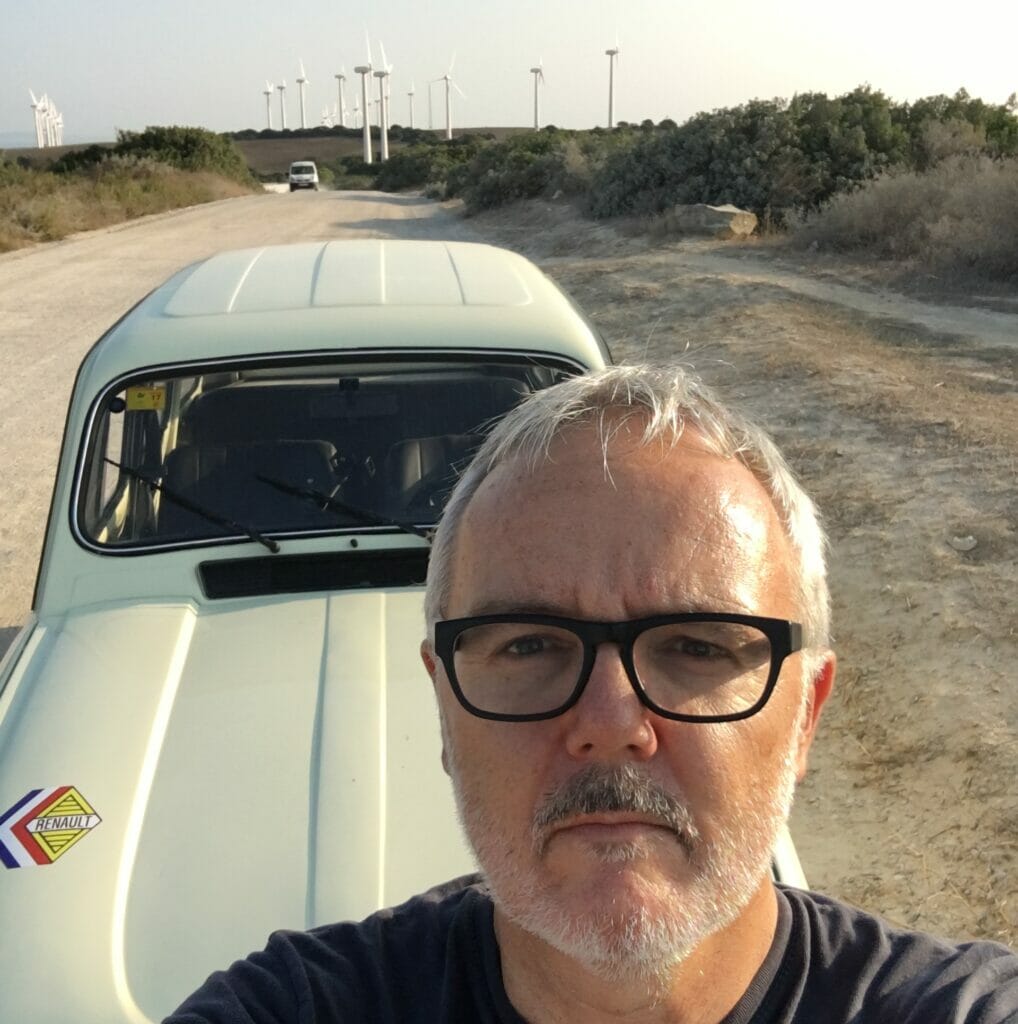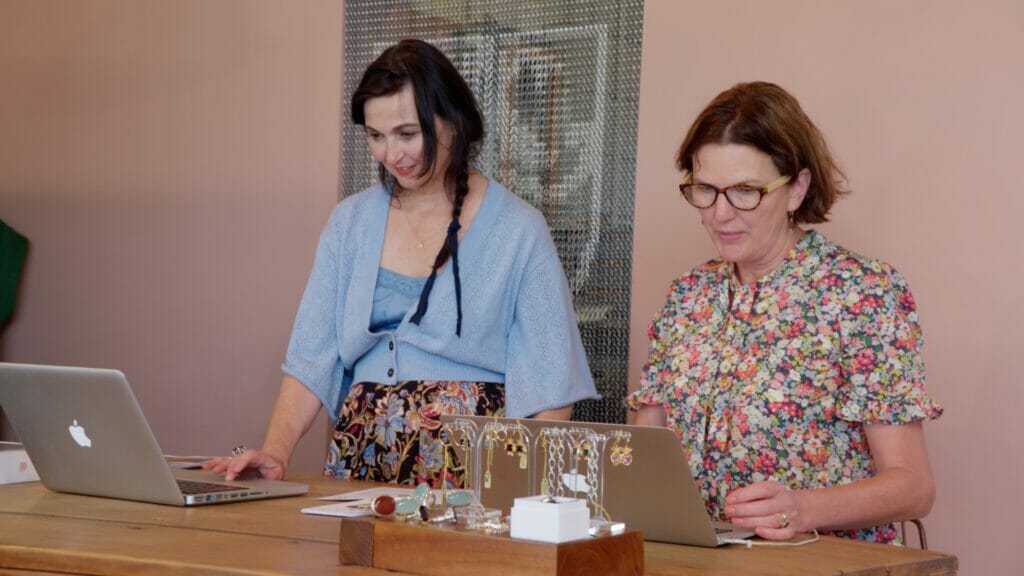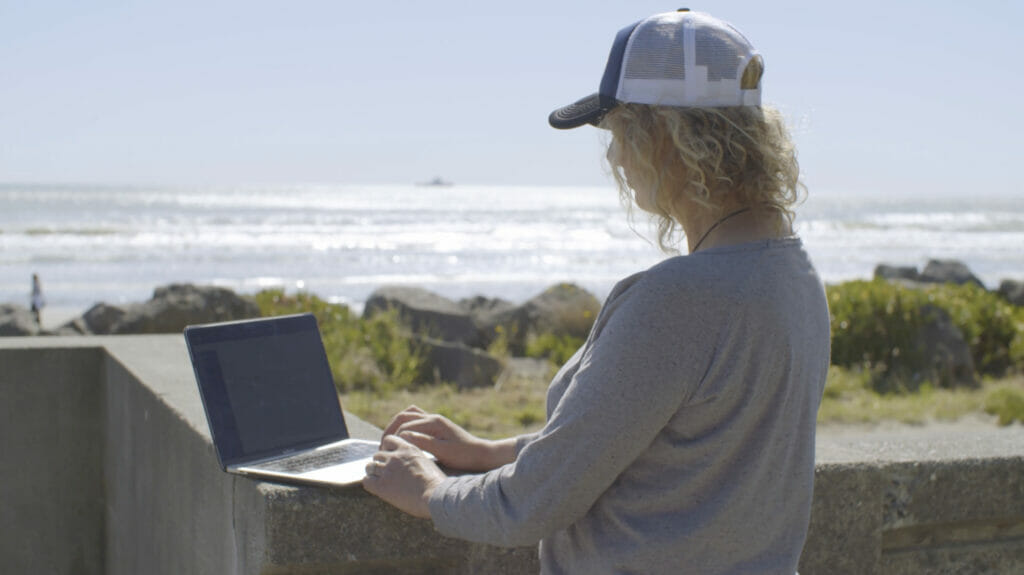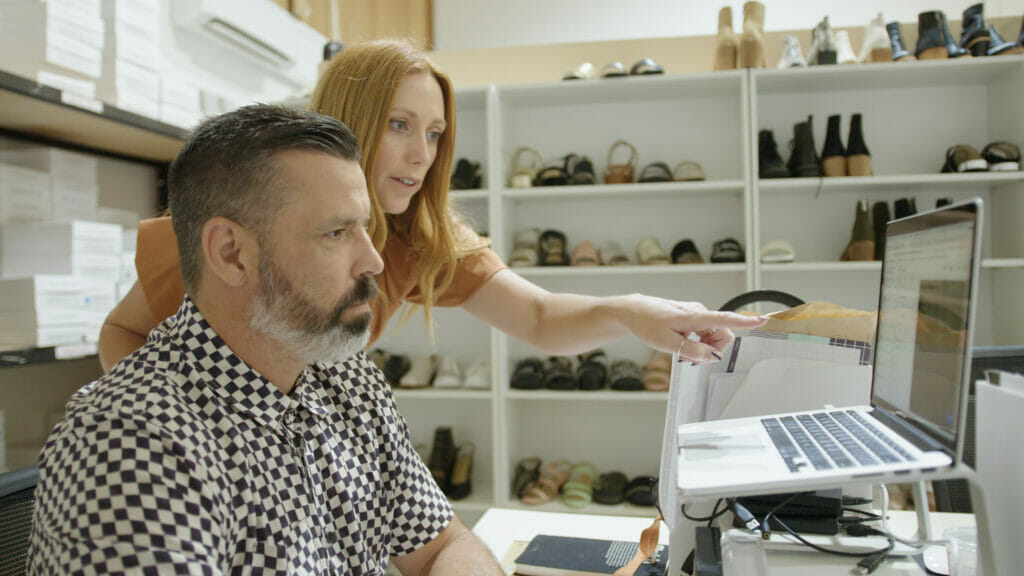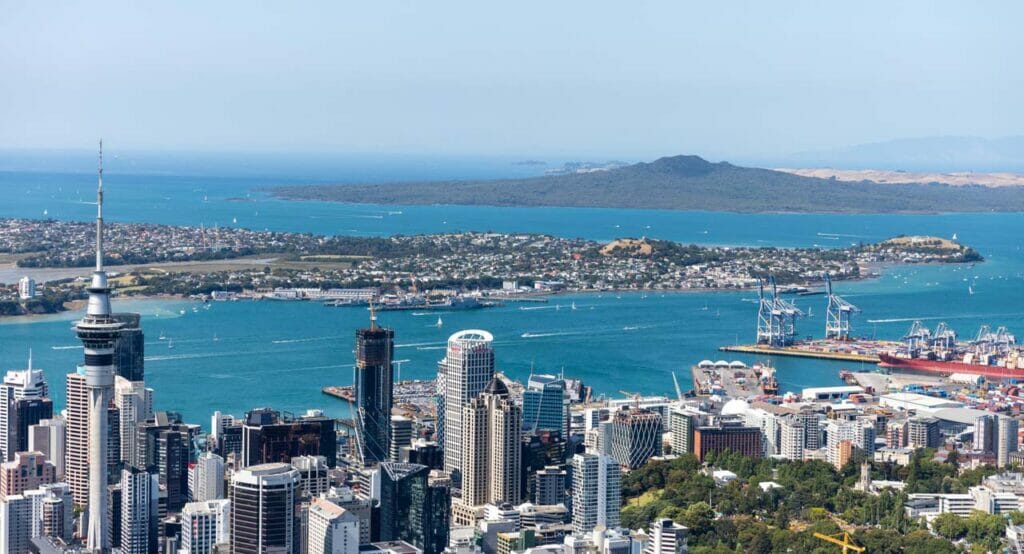Can you tell us a bit about your career, both in New Zealand and internationally?
In New Zealand I started off working as a corporate lawyer, initially at Minter Ellison Rudd Watts then shifted to a tech-focused boutique law firm Simmonds Stewart (now known as Kindrik). Through my time at Kindrik I was exposed to some of New Zealand’s best entrepreneurs and the local investor community, which really fuelled my interest in the tech sector. From there an opportunity arose to move to Singapore to work at a venture capital fund, where I spent the next 3 years investing into tech startups across Southeast Asia. It was an amazing job but at some point I realised I wanted to get operational experience amongst the startup grind, and also experience living in Europe – so I moved to Amsterdam and joined a local enterprise SaaS company. About a year into my job we got acquired by SurveyMonkey, which was a fascinating experience to then be involved in the post-acquisition phase of merging a smaller tech company into a massive publicly-listed one.
What was the catalyst in your decision to return home?
I always knew I would return to New Zealand – there’s so much potential here and I love the lifestyle, the people, and our environment. It was just a matter of when I felt ready to finish living abroad and move back, which Covid did help to speed up. In March 2020 I had made a trip back to New Zealand for a holiday just before Covid started blowing up, and was impressed by how much growth there was in the local startup scene since I’d left. It gave me faith that if I did make the shift back home, there would be interesting companies to join. After seeing out the rest of summer 2020 in Europe, I decided to make the shift home and returned here in September.
How have you found reintegrating back into Aotearoa?
It’s been pretty smooth sailing, especially amidst this pandemic life it’s been wonderful being back home to be closer to friends and family. I’m also grateful for the welcoming ecosystem of the tech sector I work in – it’s been really evident that people want to help. It’s particularly a great time to be back in Aotearoa as many Kiwi expats are shifting home, bringing with them cool ideas/initiatives and diverse experiences.
To what extent do you think your international experience helped your return into the New Zealand job market?
Working overseas exposed me to operating at much larger scale (e.g. my customer success team in Amsterdam was about 20 people spanning 4 different timezones), different ways of tackling problems, and improved my cultural adaptability. This helped to inform my benchmark of what good looks like in a global setting, and coming back to New Zealand has given me a chance to apply my learnings to a local startup context.
I’m now working at First AML – a software solution that helps law firms, financial services, accountants and real estate agents comply with anti-money laundering regulations while shortening their customer’s onboarding process. My role as the Chief of Staff is quite broad, and in any given week I could be working on legal, operations, customers, marketing, HR, fundraising or sales processes; some of which I know well but a lot also new to me. Working overseas also helped build up a strong professional network that I could easily reach out to for guidance, or seek intel on a particular market / industry.
Your latest position at First AML has just seen you launch the start-up in Australia. Congrats! Can you tell us a bit about what that process entailed?
We were lucky that First AML already had some early adopter clients in the Australian market that were vocal advocates for us – which helped us build credibility when entering into a new market. One of our co-founders shifted over to start our Australian office to transplant institutional knowledge and culture; and my focus has mainly been on hiring the right people to establish the local founding team. Once we have good people in place, then we can trust them to figure out how to create a solid plan and execute. NZTE has been super helpful also in supporting our growth through funding or networks.
In your experience, what are the key barriers start-ups face when launching into a new market?
There can be many challenges – under-estimating the amount of capital required (or inversely – investing too much into scale too soon), mis-alignment on culture and expectations with the remote office, hiring the wrong people for this stage of growth (entering into a new market requires a scrappy mentality as we are building for the 0 to 1) etc.
The main one I see is under-estimating the amount of unknown unknowns and relying on untested assumptions when formulating the Go-To-Market plan. Australia may seem culturally similar to New Zealand but we’re already noticing some nuances in how we sell; so we’re taking a pragmatic approach to experimenting and learning about the market, and hiring experienced locals to help us bridge the gap.
Now that you’ve been home for a few months, what are you hopeful for in 2021?
No more sudden lockdowns, reconnecting with family and friends, and lots of domestic travel. There are so many places in New Zealand I haven’t tried (it’s always a bit embarrassing to meet foreigners who have travelled more of NZ than I have) – keen to check out Gisborne, Christchurch and New Plymouth this year!
COMING HOME?
Resources
We’re here to support returning Kiwi. Here’s our list of resources to help you plan your return and next steps.
Jobs
Looking for a new role in New Zealand? Visit the Kea job portal and find your next career opportunity.

 MENU
MENU


